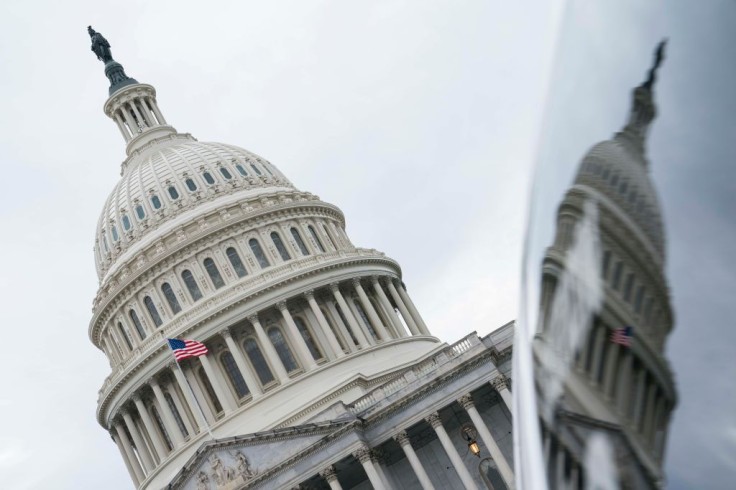California lawmakers are now set to decide on their first-of-its-kind bill to regulate AI firms amid mounting concerns about the technology and the current state of the tech industry.
First reported by the Associated Press, California legislators are set to decide whether to pass earlier proposals for regulatory safety standards on AI development to prevent "catastrophic harm" to its citizens.

The bill is particularly intended to manage an advanced AI system that costs over $100 million to train and a powerful model that does not "exist today but will exist in the near future."
Dem. Sen. Scott Weiner, the bill's author, did not mention any specific company the bill is directed towards, although most of the leading firms in the industry could soon fit the bill's requirements with the rapid development process over the past three years.
OpenAI's ChatGPT, one of the biggest AI models of today, is estimated to require at least $5 million worth of GPUs to train its massive foundation models.
CEO Sam Altman even projected that these costs could balloon well over $100 million as the company's AI training expenses double each month.
AI Firms Oppose California AI Regulation Bill
Several leading tech firms, including Meta and Google, have long opposed the bill as they claim that it would only make the "AI ecosystem less safe" and "jeopardize" AI models from small tech start-ups.
These sentiments have been echoed by California's Chamber of Concerns, expressing concerns that such laws could drive businesses away from the state.
It is not new that a major tech firm pulled out its entire service from the state with Google just blocking all links from California news outlets as a protest against its new journalism law.
More States Set to Push AI Regulation Bills
If California succeeds in its AI regulatory law, more states are expected to soon follow as more lawmakers express concerns about the tech industry's current attitude towards AI.
Colorado and Connecticut, in particular, are also currently pushing their "first-in-nation" state laws to govern AI development to protect their people from "algorithmic discrimination."
New York and New Jersey, although several steps behind, have also rolled out their own state legislations against AI discrimination while national standardized regulations remain in process.
Related Article : Colorado, Connecticut Take Lead to Regulate AI Amid Lobbying Surge









